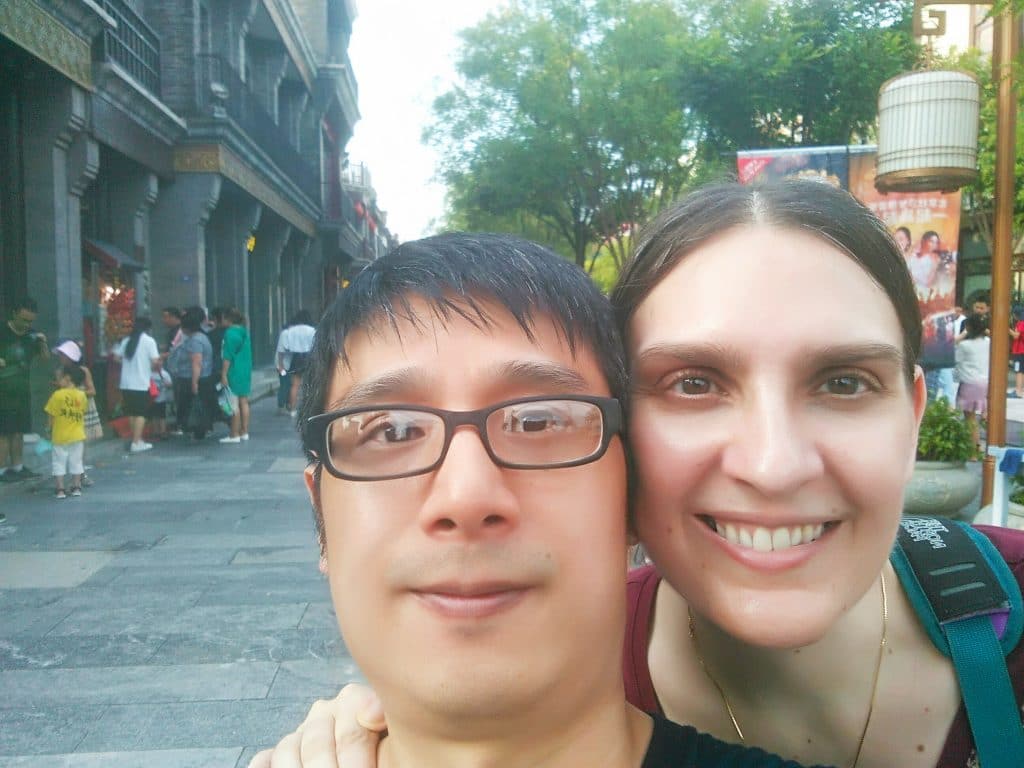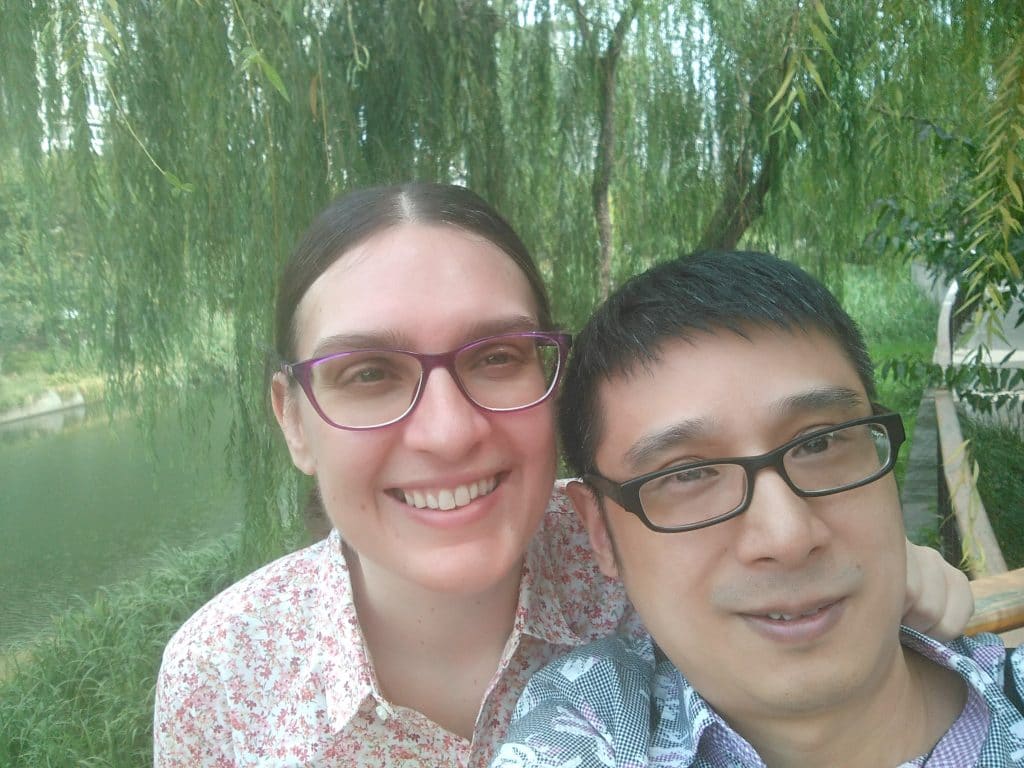Recently, a guard in the community where I live surely demonstrated exactly how NOT to ask for an introduction to a foreign girlfriend.
For starters, his timing proved terrible. When he opened the door of his post to speak to me, I happened to be passing through the gate, hurrying to the office. Not exactly the perfect moment to discuss romantic matters.
Of course, the very question — “Could you help me find a foreign girlfriend?” – would surely surprise the average person, expecting a hand wave or a “Ni Hao”, but puzzled me in particular.
Nearly a year earlier, I recalled this same guard yearning to return ahead of Chinese New Year to his hometown in another province, distressed that if he couldn’t get a train ticket back home in time, then he would surely miss, in his words, his “son’s childhood”.
Which meant, of course, that he already had a wife – and a kid.
Furthermore, I had even witnessed him dispensing relationship advice to an unmarried friend of his, keen to “learn the ropes” from someone supposedly “older and wiser”.
So when I heard his question, I raised an eyebrow in disbelief and almost wondered if this was his way of telling me he had just wrapped up a tidy divorce. Had he really let go of his wife?
Instead, I said to him, “But you’re married, right?”
A grin crept across his face. “She doesn’t have to know that.”
Oh, goodness.
I have no idea if the guard was actually being serious. This is, after all, a guy who once blurted out to me in English, “I love you”, and I could swear he stifled a laugh at the time. (Note too that, for many Chinese, saying “I love you” in English doesn’t necessary have the same weight or meaning.)
Still, for all I know he might also subscribe to that awful line of thought that foreign women make for perfect partners for an affair. (See point No 1 in my post 5 Fascinating Stereotypes of Western Women in China.)
Given that the last thing I wanted was a reputation for setting up women with men who cheat on their wives, I shook my head and said no.
And as I made my way into the office, a more perfect response to all of this nonsense arose in my thoughts – face in palm.











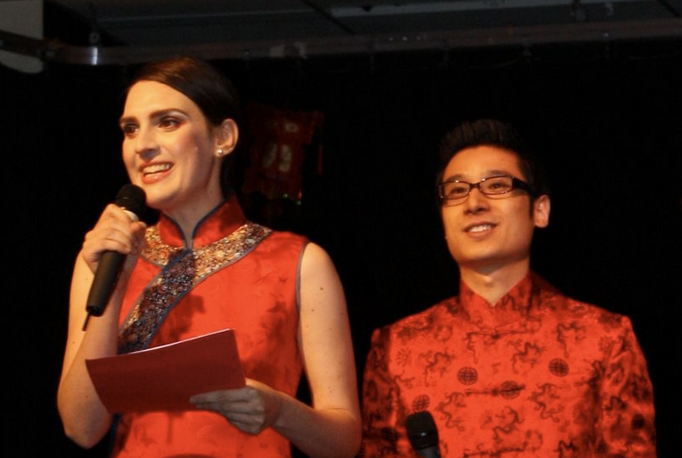
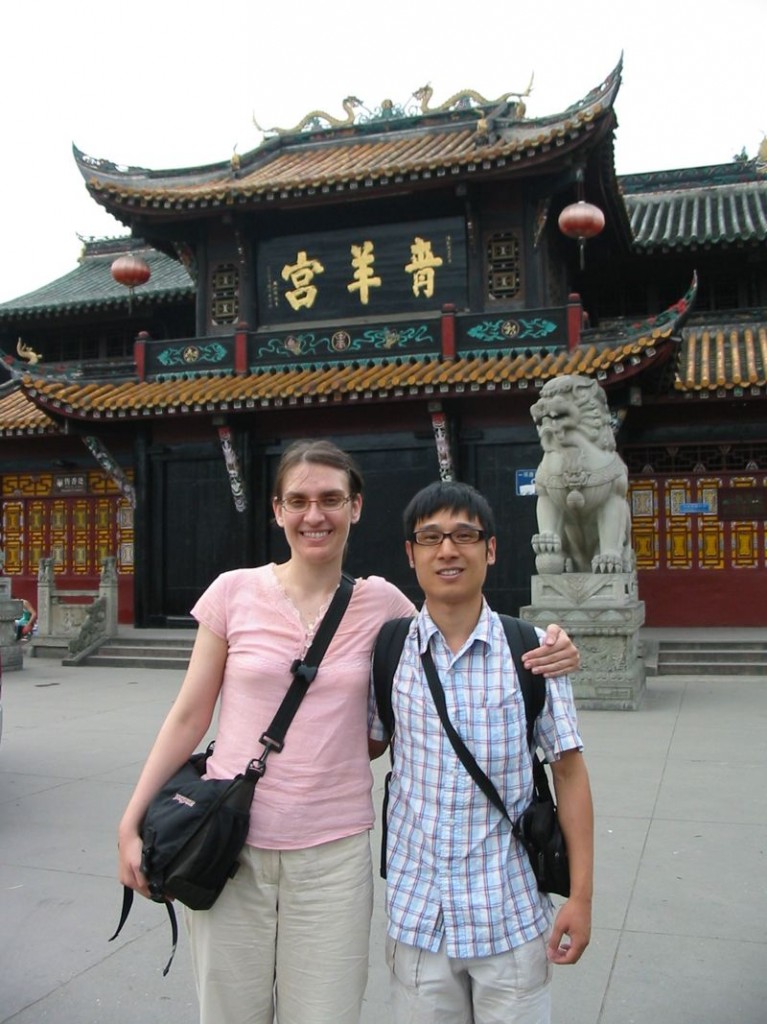



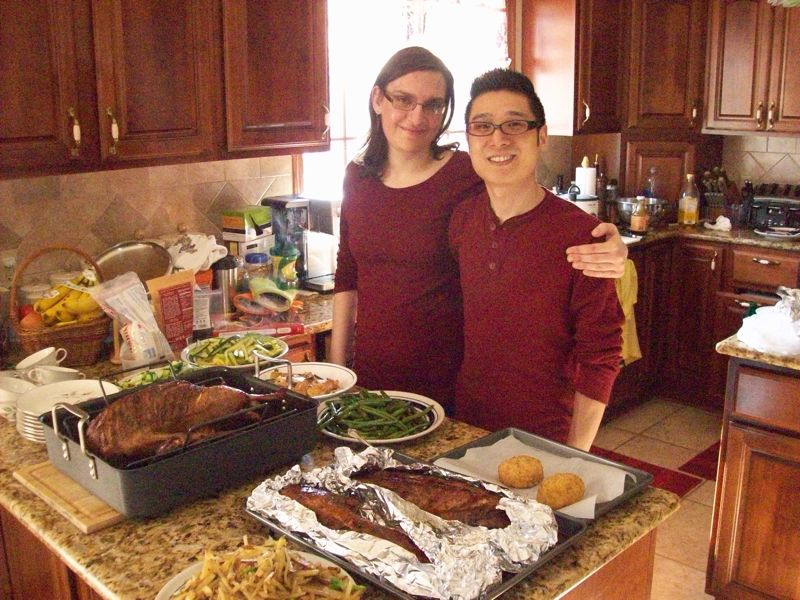
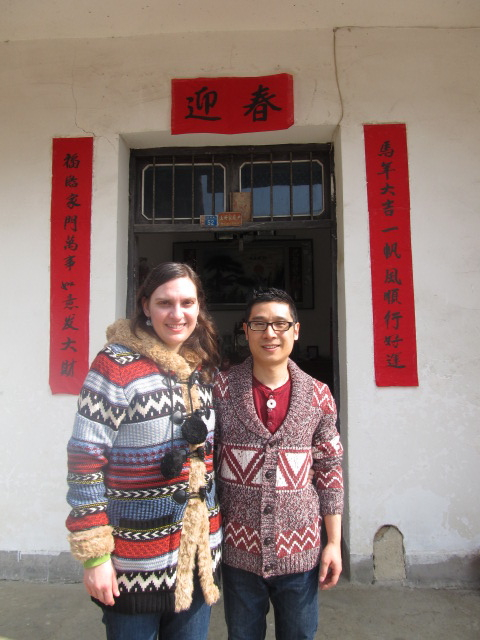

















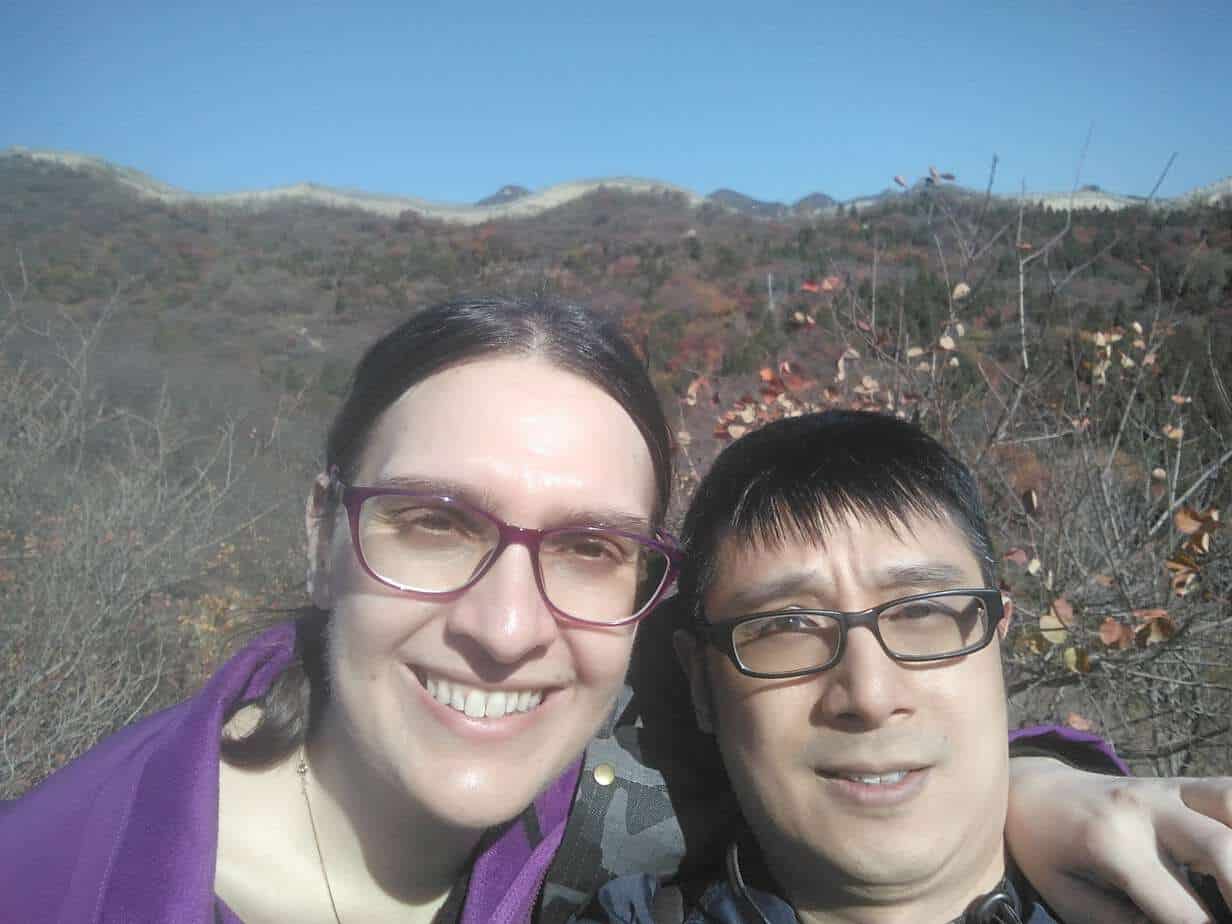










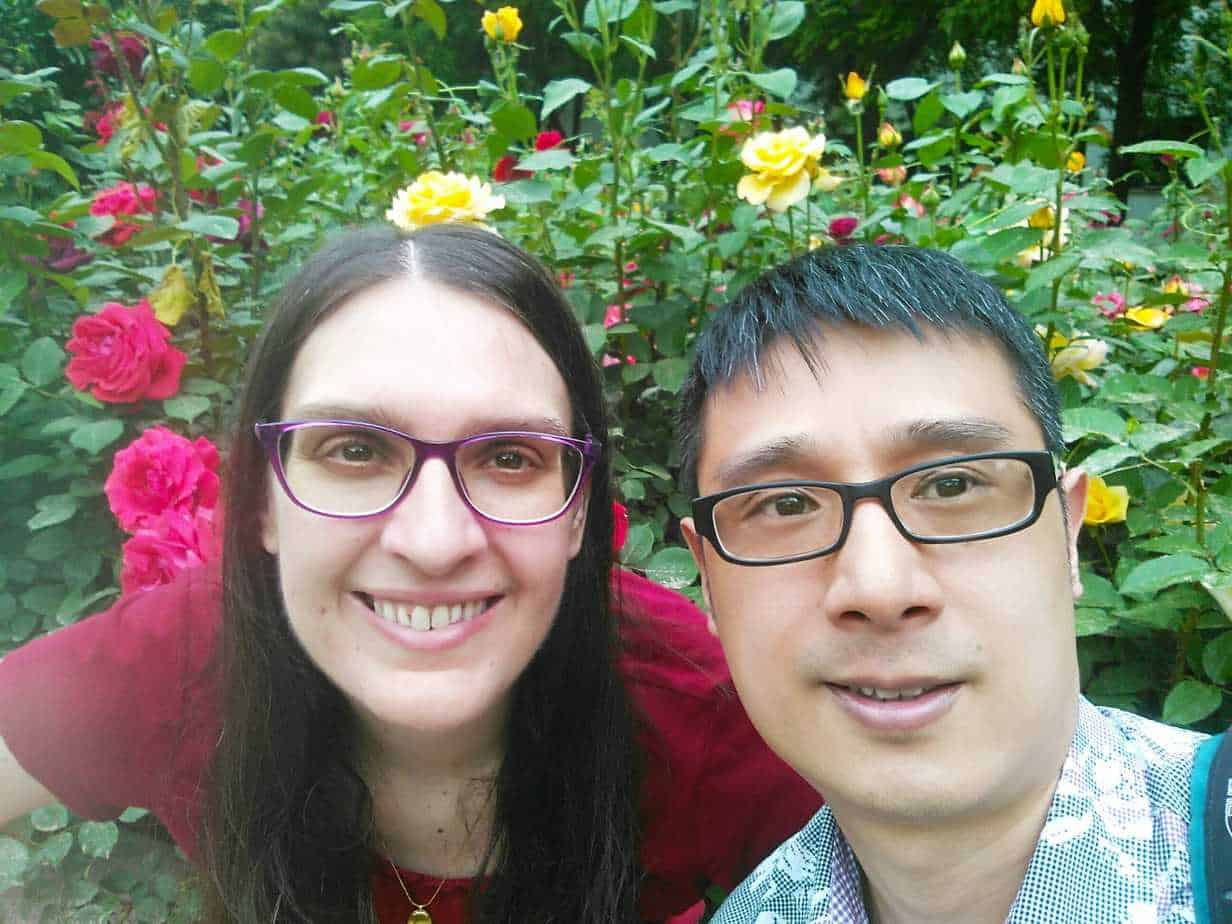


 Here’s a picture we took of Qianmen, the gate just south of Tian’anmen Square.
Here’s a picture we took of Qianmen, the gate just south of Tian’anmen Square.